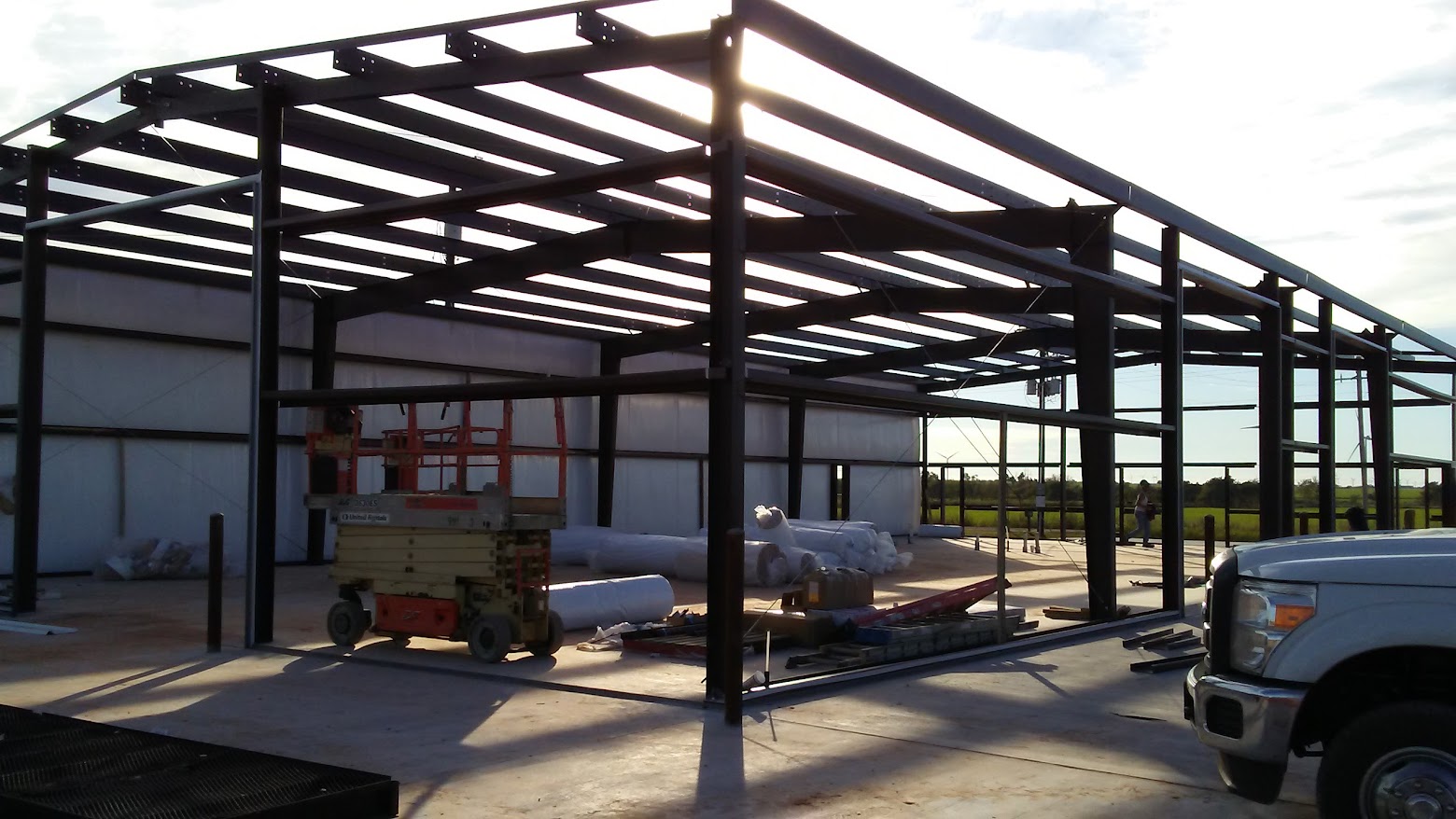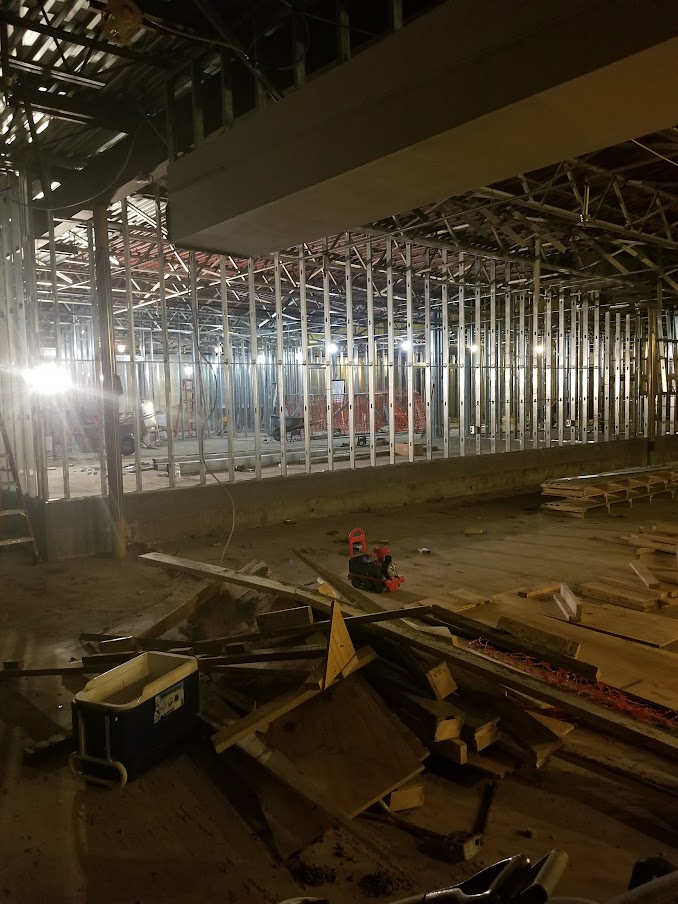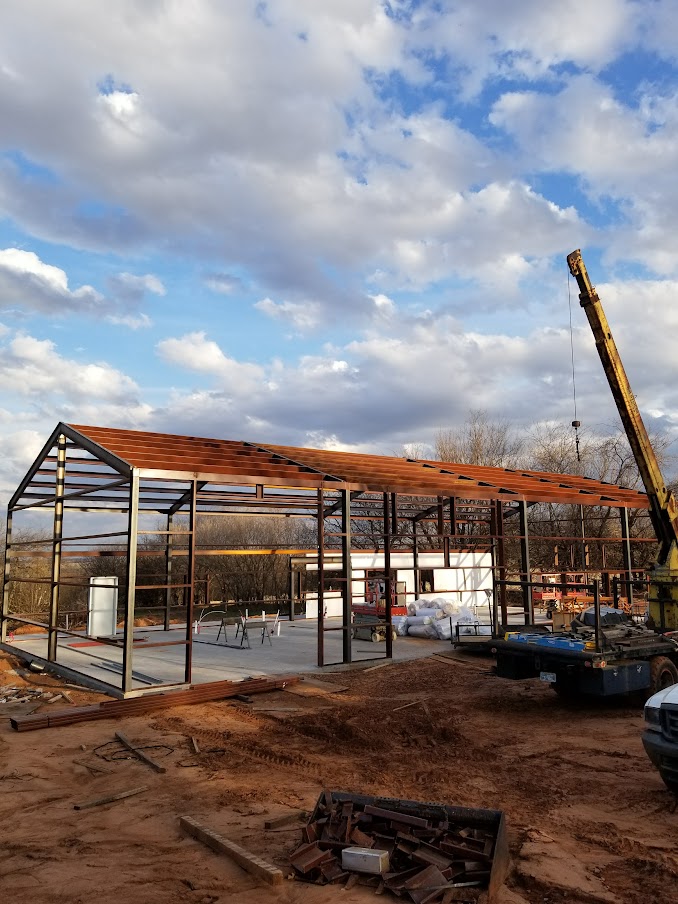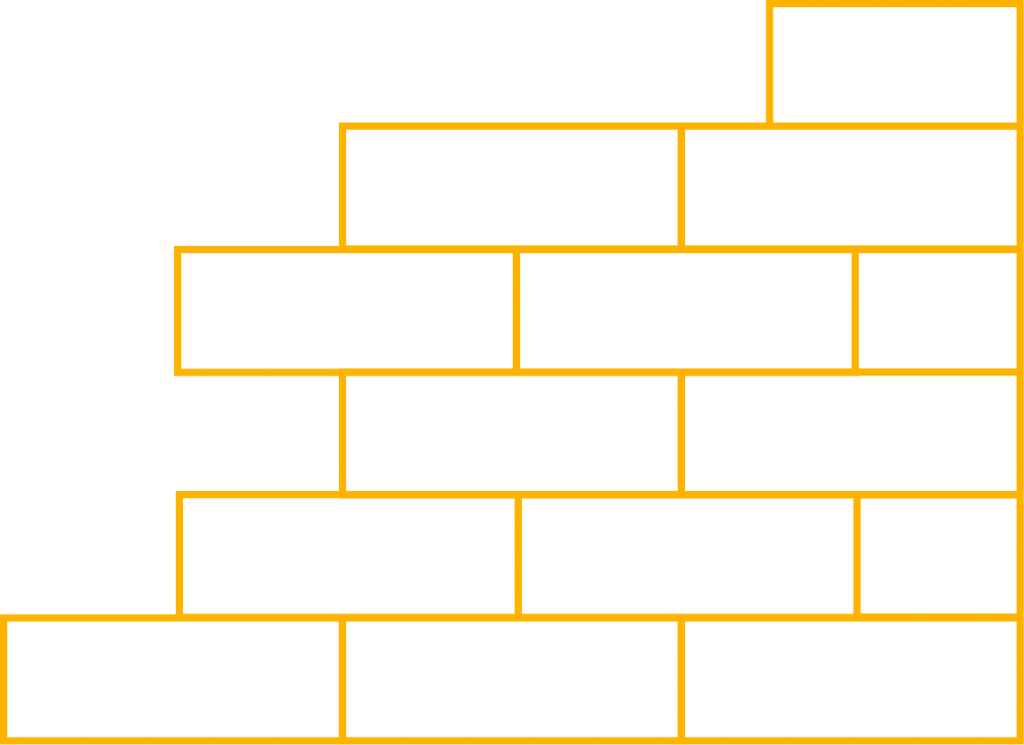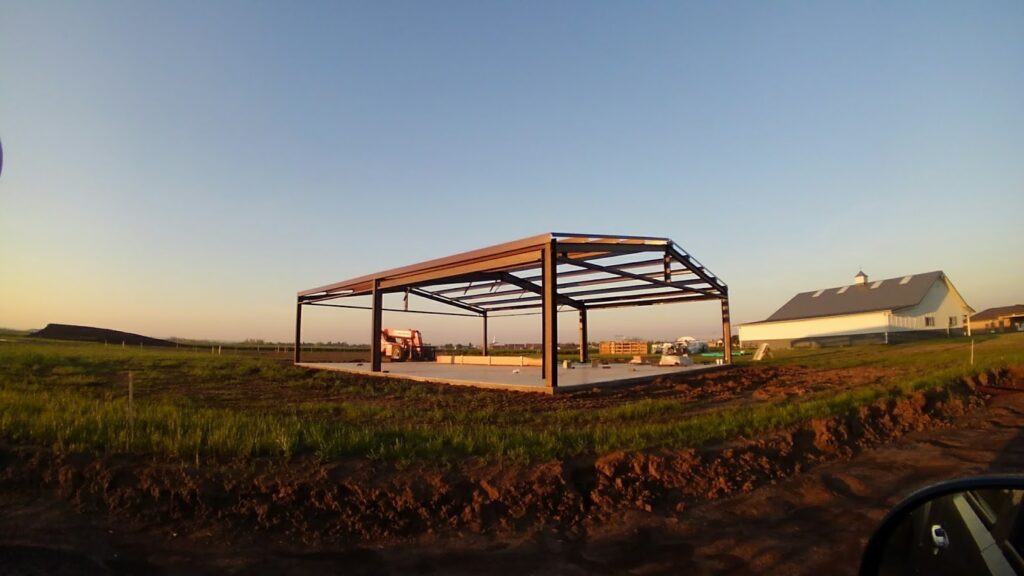What our Clients Have to Say about Us

Pixie Hamblen
15:02 18 Apr 24
Acme Construction impressed me because they came on time and completed repairing my rotten window frames in record time. I would recommend them for any project.

Connor Mace
18:23 10 Apr 24
I had Acme build an extension on my driveway. They were responsive, quick, and gave a fair price. They did quality work and I wouldn't hesitate to use them again.

B Martin
03:05 09 Apr 24
Excellent service.
Norma Carter
Norma Carter

Zachary Rose
21:45 19 Jan 24
Needed an old shed removed they came got rid of it and did some leveling and got it all done very quickly.

Robert Adams
13:48 31 Aug 23
We used Acme to demolish a cider block wall in our and shop relocate the electrical that was mounted to it. Very professional crews that came out. Cleaned up after each day, worked great around my technicians that were still working in the shop at the time of deconstruction. I would highly recommend them for all of your construction needs. Definitely a one stop shop!

Steve Oursler
12:45 19 Aug 23
As a commercial Superintendent I'm always in need of a local company to do some work on the project. In this case I needed some concrete demo and pour back along with some hauling, pressure cleaning and some aluminum fabrication. I was very happy with the pricing, professional attitudes and quality of the work. I never once got a run around about time frames on work and they keep a clean job site. If you need work done in OKC I would absolutely use this company. David and Dean are great to work with and they answer the phone, big plus there.

Jimmy Welch
14:14 24 Jun 23
Over the last two years Acme Construction has completed four projects for me. They exceeded my expectations on each project. The cost of each project was fairly priced. Each project was completed in a timely manner. I have found David Crossley to be straight forward and of high integrity, extremely and qualified in expertise. I am showing two pictures of projects. One is of a concrete deck with ramp that replaced a fifty year old wood deck. The second is of a covered driveway entrance that had to be repaired. An Amazon delivery driver busted two beams trying to drive their vehicle through with having adequate clearance rendering it unstable.
